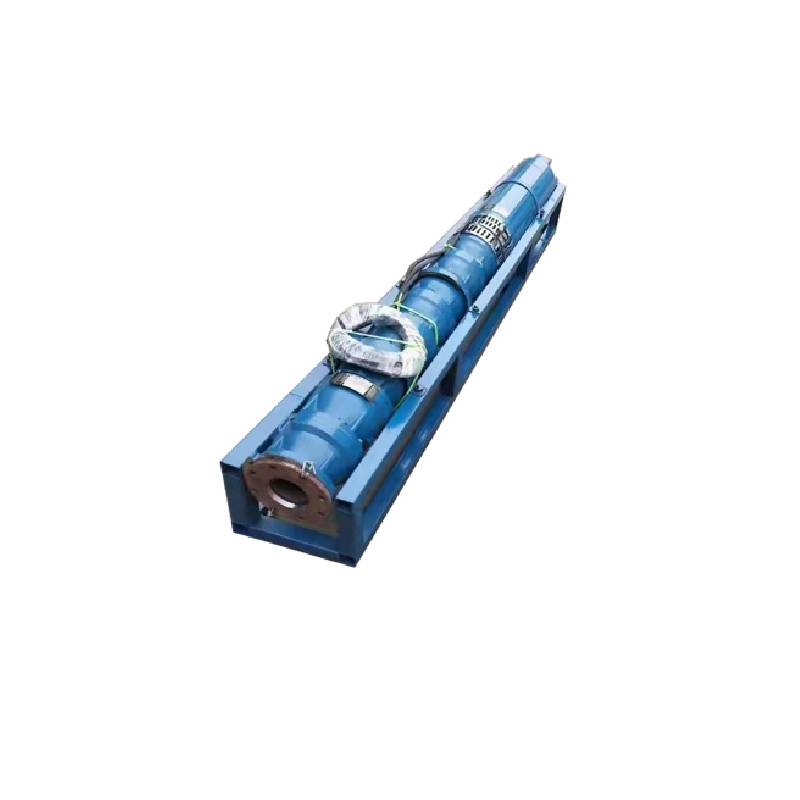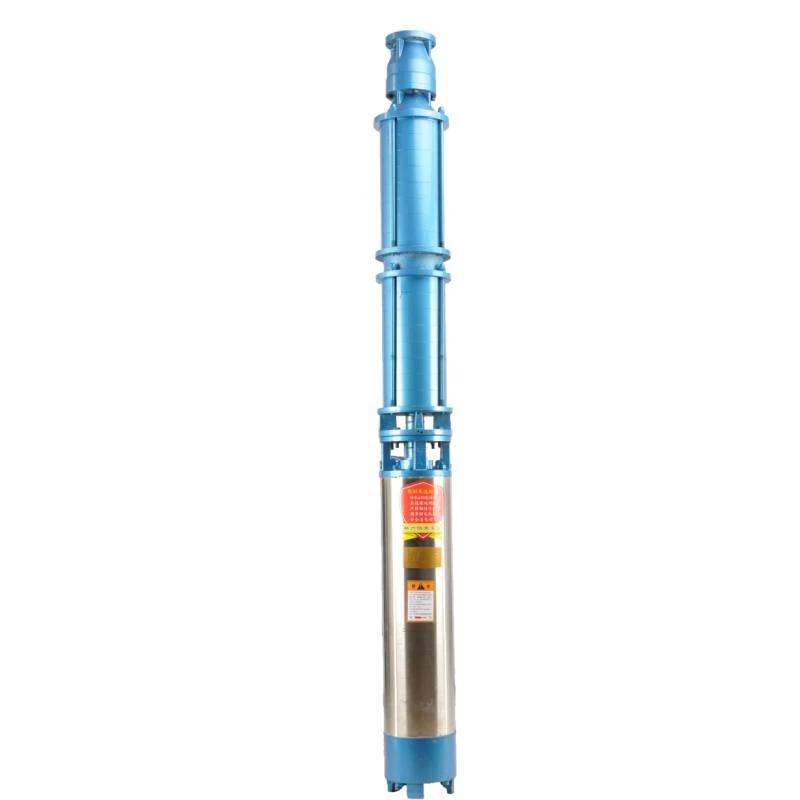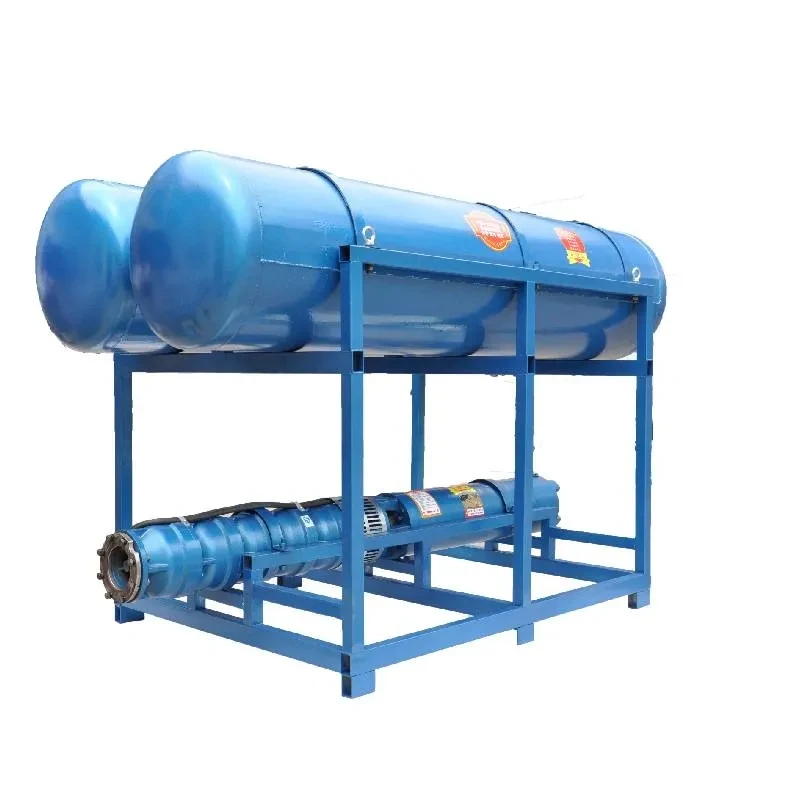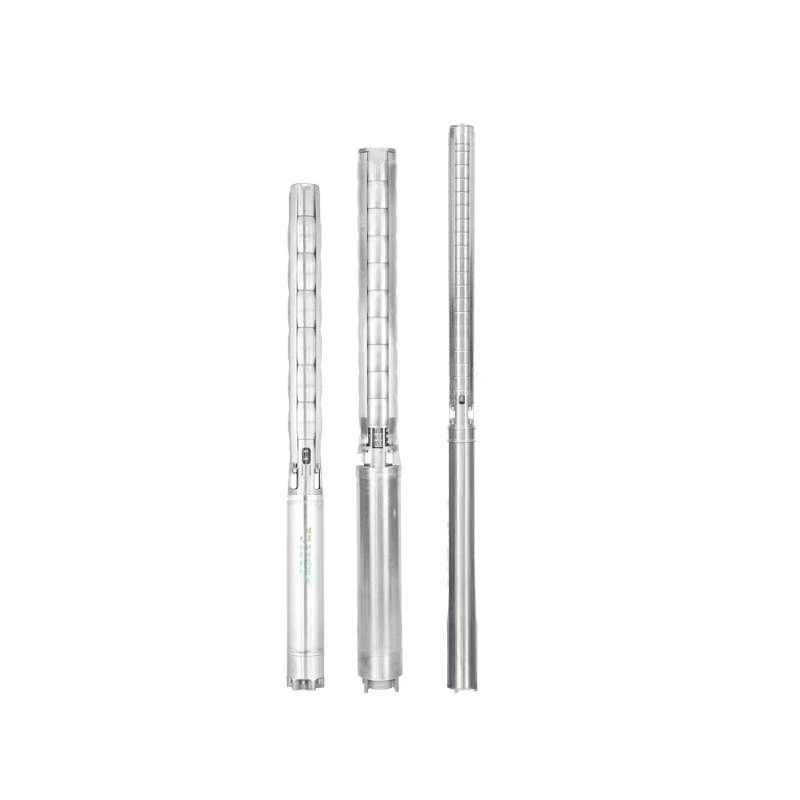Dec . 01, 2024 09:00 Back to list
Submersible Pumps for Handling Contaminated Water Efficiently and Effectively
The Importance of Submersible Pumps in Handling Dirty Water
In the realm of water management and drainage, submersible pumps play a crucial role, particularly in the handling of dirty water. These pumps, designed to operate while submerged in fluids, are essential for a range of applications, from sewage treatment to construction site dewatering. This article explores the significance of submersible pumps, their operational mechanism, and the various contexts in which they are employed to manage dirty water effectively.
Understanding Submersible Pumps
Submersible pumps are hermetically sealed devices that can be placed directly in the fluid they are intended to pump. This characteristic makes them highly effective for transferring dirty water, which may contain solids, debris, and other contaminants. Unlike standard pumps that draw water from above, submersible pumps push liquid to the surface, taking advantage of their placement within the fluid. They are usually powered by electricity and are equipped with a motor that is also submerged.
One of the key features of submersible pumps is their ability to handle a variety of fluid types. They can move not only clean water but also dirty, contaminated water that contains particles or sediments. This makes them ideal for a variety of industrial and commercial applications.
Applications in Dirty Water Management
1. Sewage and Wastewater Management One of the most common applications for submersible pumps is in sewage and wastewater treatment plants. In these facilities, they are utilized to transport waste from residential or industrial sources to treatment systems. Their capacity to handle solids helps ensure efficient and effective processing of waste materials.
2. Construction Sites In construction, managing water is a critical aspect, especially in areas prone to flooding or high water tables. Submersible pumps are used to remove excess water from trenches, excavations, and foundations, ensuring that work can proceed without interruption. Their mobility and efficiency make them ideal for temporary setups in dynamic environments like construction sites.
3. Flood Mitigation During heavy rains or flooding events, submersible pumps can be deployed to remove water from affected areas, including basements, low-lying streets, and other vulnerable locations. Their swift response capabilities help mitigate damage and restore normalcy in impacted regions.
dirty water pumps submersible

4. Mining Operations Submersible pumps are also prominently used in mining operations to manage groundwater and keep mines dry. By effectively removing water, they help in maintaining safe working conditions and preventing equipment damage.
Advantages of Submersible Pumps
One of the main advantages of submersible pumps is their ability to operate efficiently in situations where surface pumps would be ineffective or impractical. Being submerged means less risk of cavitation, leading to improved longevity and performance. Additionally, they are often more energy-efficient because they do not require lengthy suction lines, which can lead to energy losses.
Another notable benefit is their versatility. Submersible pumps can be customized for different applications by varying the impeller design, motor power, and other components to suit specific needs. This adaptability makes them appealing in diverse industries where water management is essential.
Challenges and Maintenance
Despite their advantages, submersible pumps also face certain challenges. They can be more complex to install and require careful consideration of electrical safety when used in wet environments. Regular maintenance is crucial to ensure optimal performance, as dirt and debris can obstruct the pump’s functionality over time. Users must also consider the pump’s capacity and ensure it is appropriately rated for the volume and type of dirty water being handled.
Conclusion
In summary, submersible pumps serve as a vital component in the management of dirty water across various industries. Their efficiency, adaptability, and ability to handle challenging conditions make them indispensable tools for wastewater management, construction, flood relief, and mining. As the demand for effective water management solutions continues to grow, understanding the role and importance of submersible pumps will be crucial for those involved in industries reliant on water handling systems. Investing in quality submersible pumps not only helps manage dirty water but also contributes to broader environmental protection and resource management efforts.
-
Troubleshooting for Water-Filled Submersible Pumps
NewsJun.04,2025
-
Troubleshooting for Floating Deep Well Submersible Pumps
NewsJun.04,2025
-
How to Choose SS Submersible Pump for Deep Well Applications
NewsJun.04,2025
-
Floating Deep Well Submersible Pump Cost: Factors Affecting Pricing
NewsJun.04,2025
-
Buying Guide for Deep Well Submersible Pumps
NewsJun.04,2025
-
Best Submersible Pumps for Agriculture and Irrigation
NewsJun.04,2025
-
 Troubleshooting for Water-Filled Submersible PumpsSubmersible pumps are essential for various applications, including irrigation, drainage, and water supply systems.Detail
Troubleshooting for Water-Filled Submersible PumpsSubmersible pumps are essential for various applications, including irrigation, drainage, and water supply systems.Detail -
 Troubleshooting for Floating Deep Well Submersible PumpsWhen it comes to reliable water extraction solutions, the floating deep well submersible pumps stands out as a top choice for both residential and industrial applications.Detail
Troubleshooting for Floating Deep Well Submersible PumpsWhen it comes to reliable water extraction solutions, the floating deep well submersible pumps stands out as a top choice for both residential and industrial applications.Detail -
 How to Choose SS Submersible Pump for Deep Well ApplicationsWhen it comes to deep well water extraction, selecting the right pump is crucial for efficiency, durability, and long-term performance.Detail
How to Choose SS Submersible Pump for Deep Well ApplicationsWhen it comes to deep well water extraction, selecting the right pump is crucial for efficiency, durability, and long-term performance.Detail
